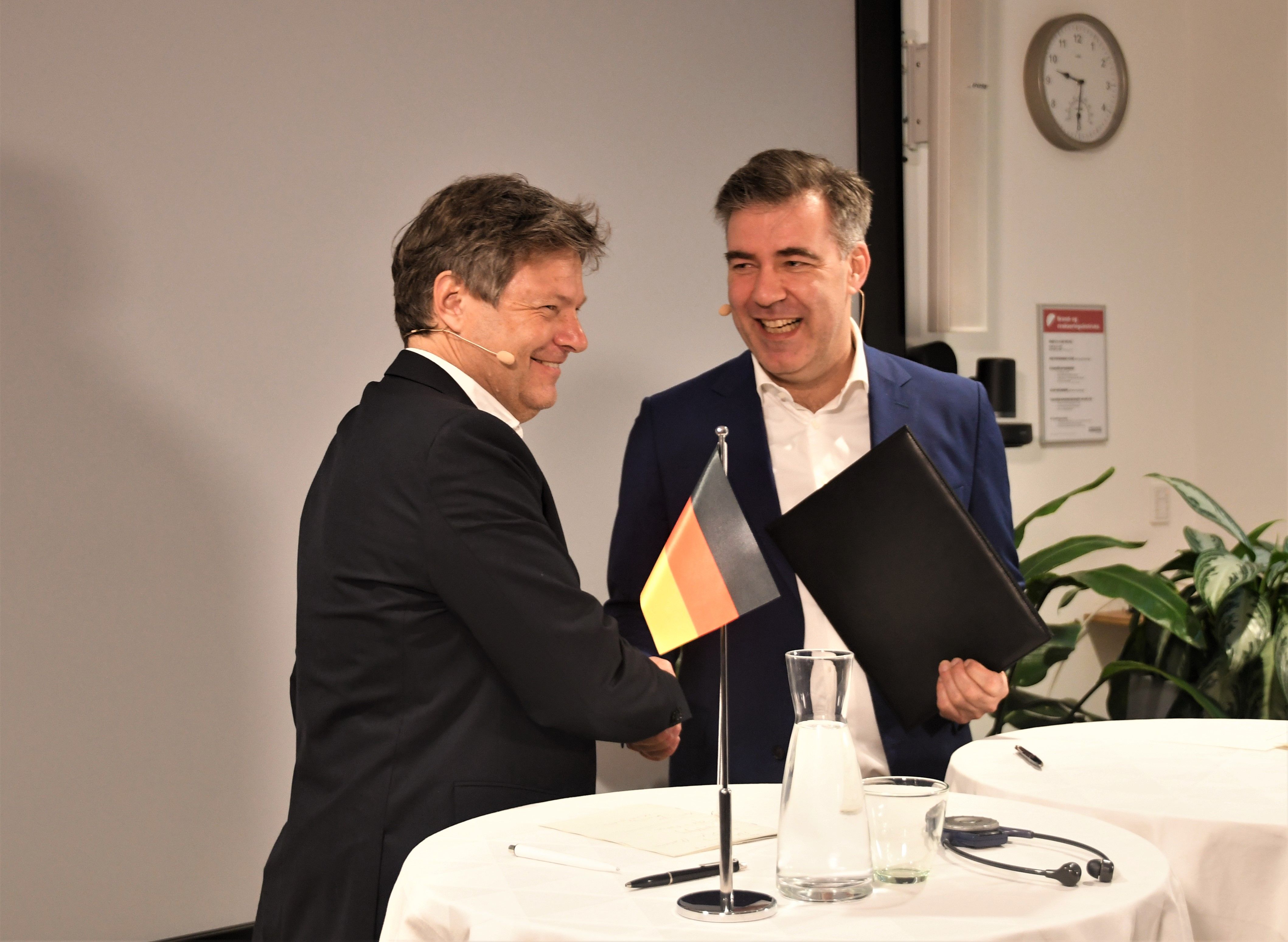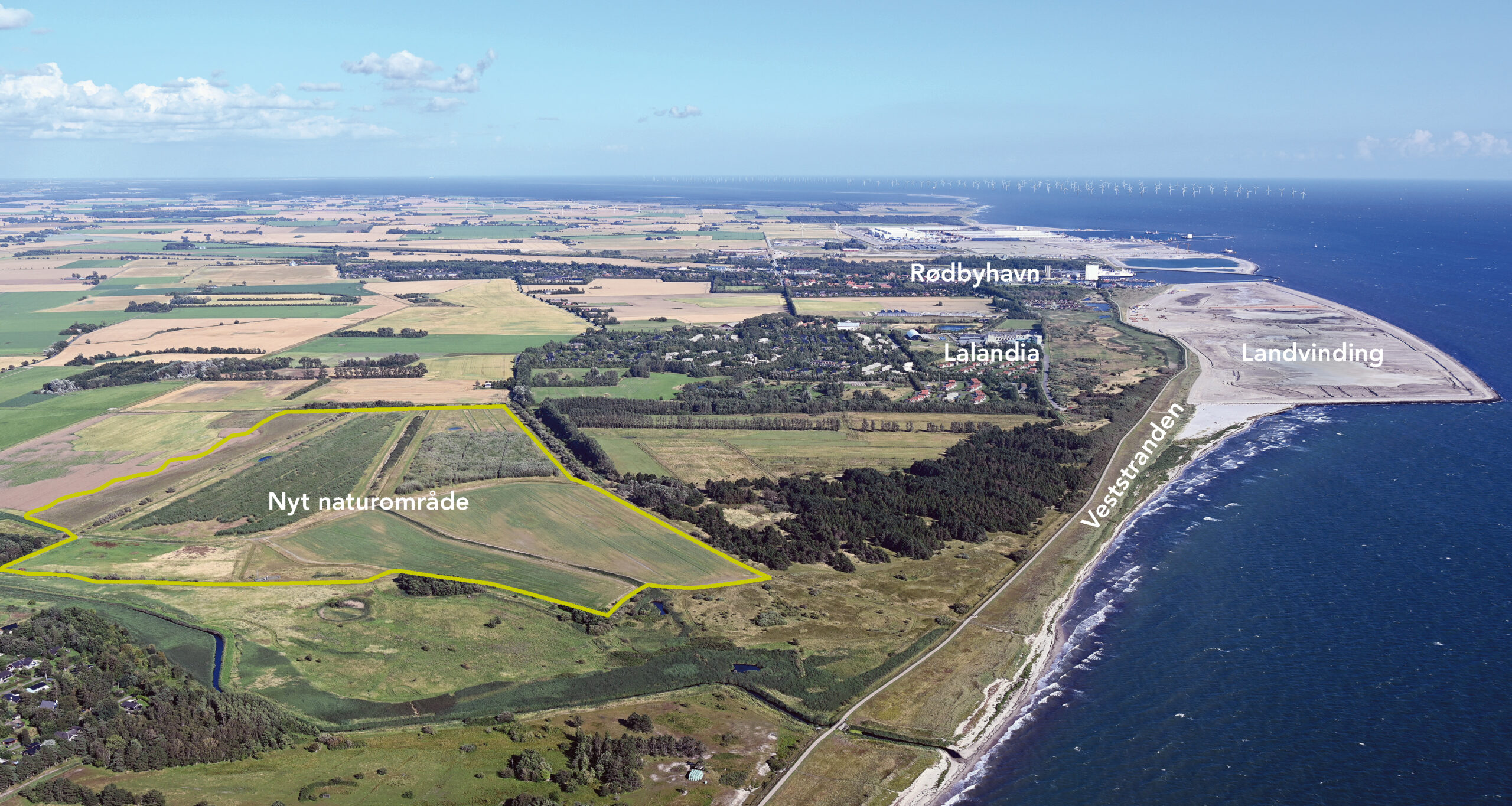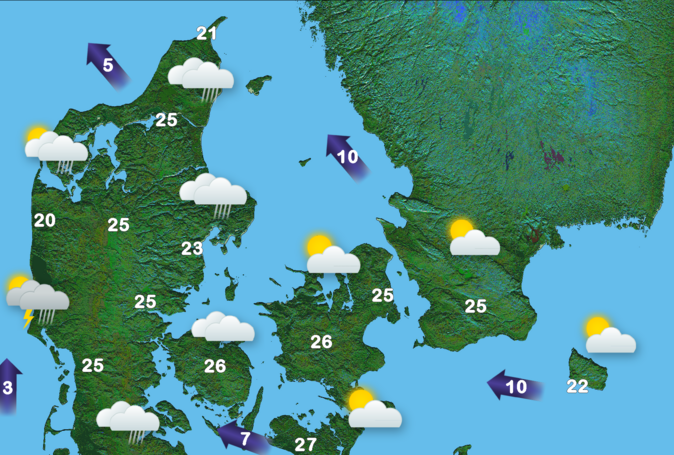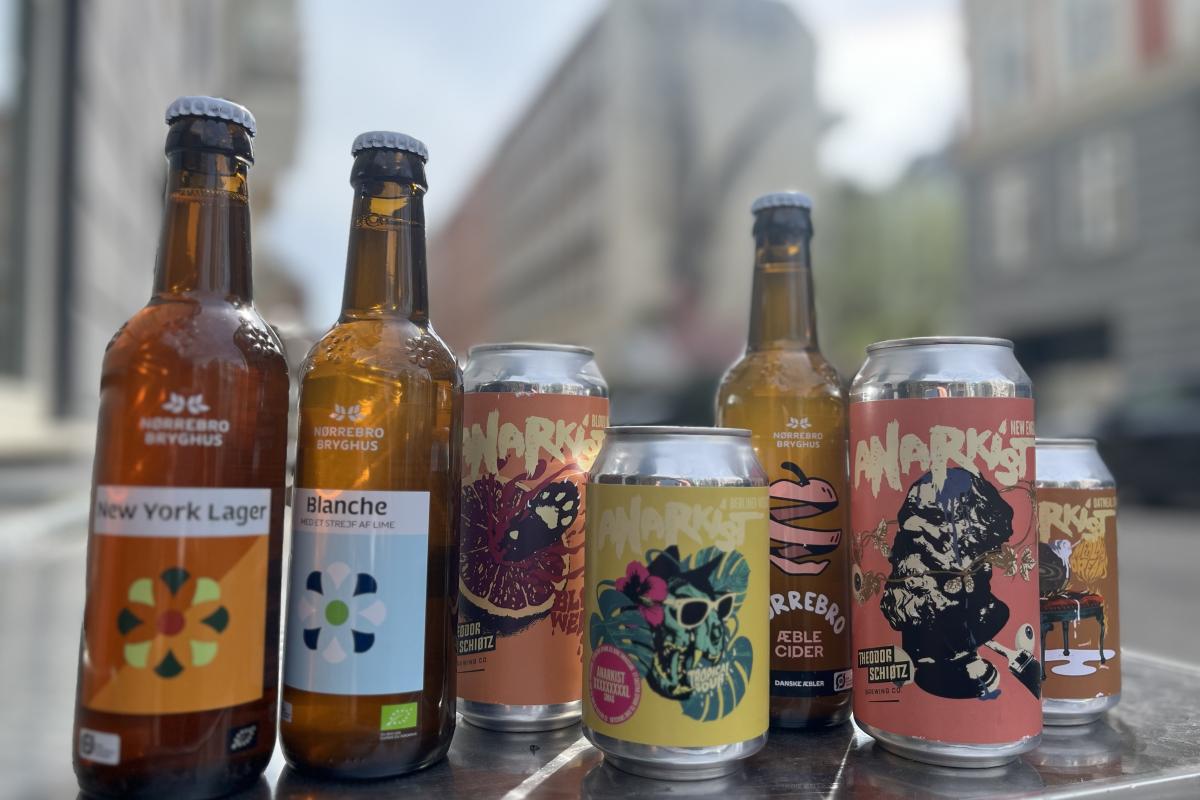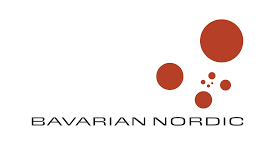Lars Aagaard, the climate minister, has been accused of lying to Parliament whilst debating a new bill that looks set to today usher in a liberalisation of the waste sector. It is expected it will result in incineration plants competing with one another and some going bankrupt.
Aagaard, a Moderaterne MP, told Parliament he cannot confirm which plants run the greatest risk of going bankrupt, but the head of Dansk Affaldsforening, the interest group of the country’s incineration plants, claims this is not true.
Jens Bomann Christensen claims the ministry has overseen an assessment of the plants – a claim backed up by DR, which is able to document that such an analysis was carried out in 2017.
Lowering emissions
The waste sector law, which is expected to be passed by Parliament today, will reduce the capacity of the country’s incineration plants by 30 percent by 2030.
It will ultimately reduce today’s CO2 emission figures by 0.3 million tonnes in 2025 and 0.6 million tonnes in 2030.
The reduction is deemed necessary in the wake of increased recycling. As things stand, the plants’ capacity is greater than Danish waste volumes. Waste is imported from abroad to fulfil the capacity.
Minister’s defence
The Climate Ministry expects a number of plants to go out of business as a result; its 2017 analysis assessed which plants would be particularly vulnerable in a competitive market.
“If you have to make those types of calculations, you have to look at the finances of the individual facilities and thus also the survival possibilities of each individual facility. Otherwise, you can’t make them at all,” Christensen told DR.
In a written answer to DR, Aagaard claimed it was not possible to make individual assessments “because the ministry’s economic analysis focuses on the total waste incineration capacity and not a specific individual future analysis of each and every work”.

